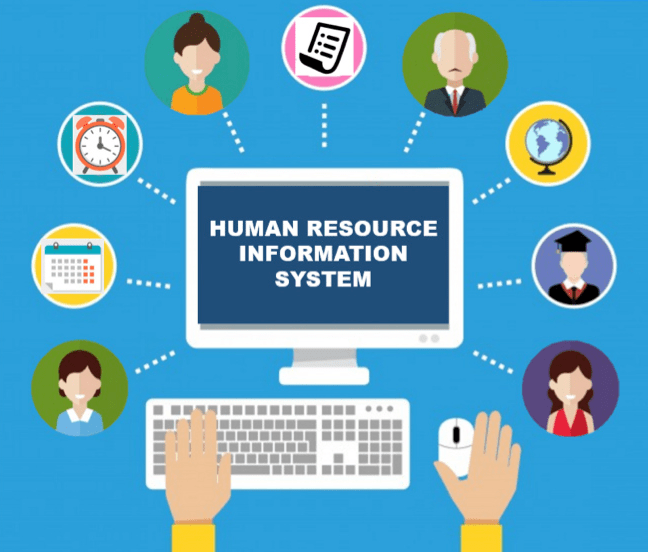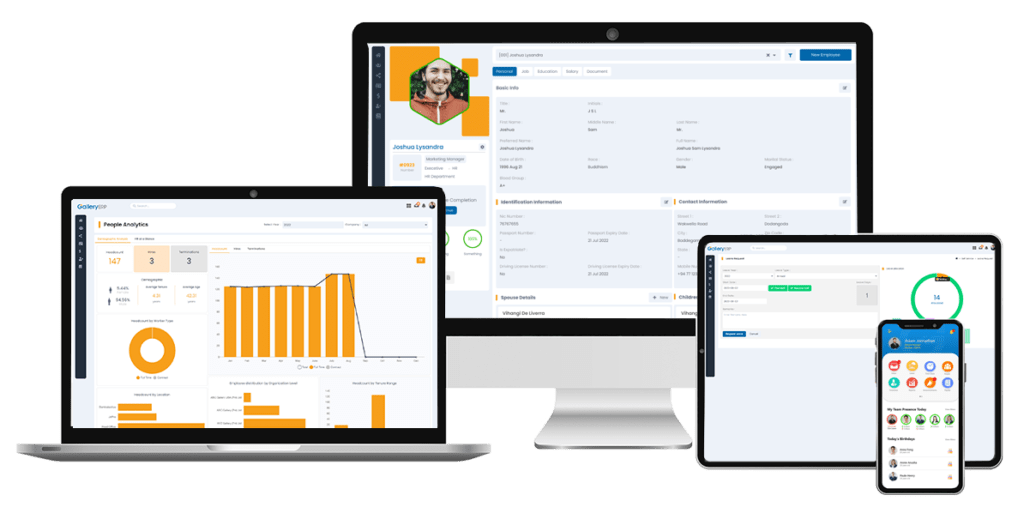
HRIS (Human Resource Information System) is a powerful tool that can revolutionize the way companies manage their workforce. It is a software solution that helps streamline HR functions, from recruitment to retirement, and provides an all-in-one platform for managing employee data. A comprehensive HRIS system can help organizations of all sizes save time, reduce costs, and improve efficiency. In this blog post, we’ll explore five key benefits of implementing a comprehensive HRIS system.
- Centralized Data Management
One of the most significant benefits of an HRIS system is its ability to store all employee data in one centralized location. This eliminates the need for manual data entry, reduces the chances of errors, and makes it easier to access employee information from anywhere. With a comprehensive HRIS system, companies can easily manage employee records, performance evaluations, benefits information, and more, all in one place. This not only saves time but also ensures accuracy, consistency, and compliance with data privacy regulations.
- Enhanced Recruitment Process
Recruitment is a critical function of HR, and it’s essential to get it right. With an HRIS system, the recruitment process can be streamlined, making it easier to find the right candidates for the job. From posting job openings to tracking applicant information, an HRIS system can help automate and optimize the recruitment process. This can save recruiters time and effort, and also reduce the chances of missing out on qualified candidates.
- Improved Employee Engagement
Employee engagement is essential to the success of any organization. An HRIS system can help improve engagement by providing employees with access to their own data, such as their performance evaluations, pay stubs, and benefits information. This transparency can help build trust and encourage employees to take an active role in managing their own careers. Additionally, an HRIS system can help automate and streamline administrative tasks, freeing up HR professionals to focus on more strategic initiatives that can improve employee engagement, such as training and development programs.
- Increased Compliance
Compliance is an important aspect of HR, and failing to comply with regulations can lead to costly fines and legal disputes. An HRIS system can help ensure compliance by providing automated workflows for managing regulatory requirements, such as tax and benefits reporting. Additionally, an HRIS system can help ensure that all employee data is kept secure and confidential, which is critical for compliance with data privacy regulations, such as GDPR.
- Cost Savings
Finally, implementing a comprehensive HRIS system can help companies save money in the long run. By automating administrative tasks, reducing errors, and improving efficiency, HR professionals can spend less time on paperwork and more time on strategic initiatives. Additionally, an HRIS system can help reduce the need for manual data entry and paper-based processes, which can save money on printing, storage, and other associated costs.
In conclusion, implementing a comprehensive HRIS system can provide many benefits for organizations of all sizes. From centralized data management to enhanced recruitment processes, improved employee engagement, increased compliance, and cost savings, an HRIS system can help streamline HR functions and make HR professionals more efficient and effective. If you’re considering implementing an HRIS system, be sure to choose a comprehensive solution that can meet your specific needs and provide the benefits outlined above.






















